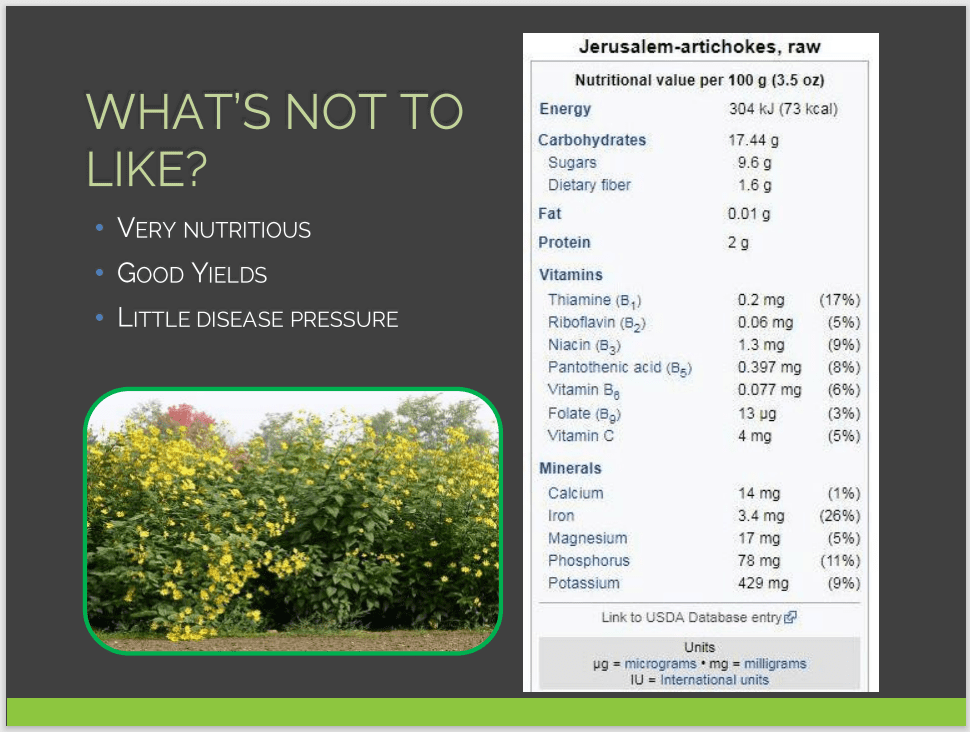The workshops, run by OMAFRA (Canada), provided information for entrepreneurial farmers looking to grow new, unusual or underutilised plants to target niche markets, gain economic benefits and to enter mainstream agriculture.
More importantly, they showed how increased engagement with specialty crops contribute significantly to an enhanced level of crop diversity. Speakers shared knowledge and further resources on crop and pest management, crop characterisation and their applications.
UK growers are increasingly looking for opportunities in specialty crops, which can provide alternatives for protein and other functional nutrient resources for humans and animals. Increasing crop diversity is important to support a sustainable, healthy agrifood system. Geographical and climate features, soil quality and crop management are key components to achieve this
It was fascinating to hear how many untapped, and valuable, plants are not part of Canada’s current farming systems. Examples include lavender, hops, elderberry, sea buckthorn, hazelnut, sweet chestnut, walnut, okra, tomatillo, peppers, eggplant, sweet potato and Jerusalem artichoke among others. These could be cultivated for a wide range of purposes either as a species or their varieties.
Crop diversification is equally important for the UK and similar information on UK-specific non-conventional crops would help the sector to achieve a more diverse range of plants in future farming and food systems. Scientific and technological activities in the UK may allow us to grow specialty crops even more efficiently, using alternative growing systems such as vertical farms and advanced greenhouses. Also, the UK landscape and access to sea water means there is already opportunity to develop specialty crop farming. One example is The University of Plymouth’s research on the added value of extracts from Cornish seaweeds and native plants for anti-ageing and UVB protection properties, but seaweed is also a valuable food source, as well as raw material for food packaging.
The challenges of farming specialty crops in the UK lie in the limited available knowledge about:
- appropriate suitable crops and particular varieties of more common crops,
- unknown crop-specific pests and diseases,
- available pest control products, and
- thresholds and rules for registration.
This pest control challenge however is an opportunity to develop preventative biopesticides. The other challenge is in their marketing, due to easily saturated markets, lack of consumer knowledge and limited value-chain.
The sustainable farm management of specialty crops and their economic scale up for production provide opportunities for farmers, growers, plant protection experts and food manufacturers to develop a food supply chain that is sustainable, diverse, more efficient and contribute to healthy food consumption.
If you are interested in working with CHAP collaboratively on project concepts and development, please send us an email using the enquiries form at the bottom of our homepage.












